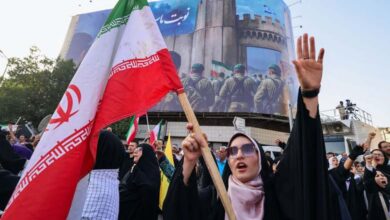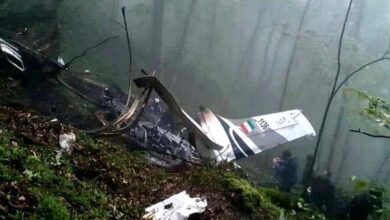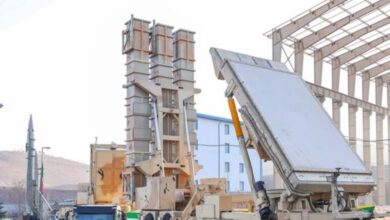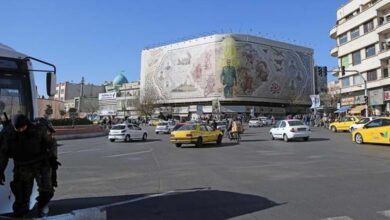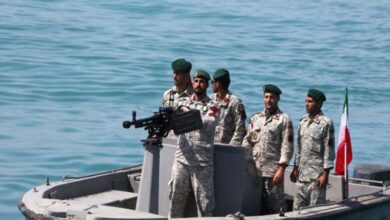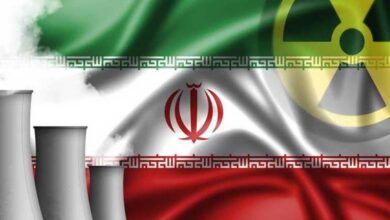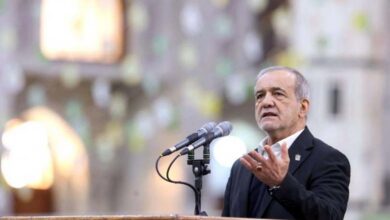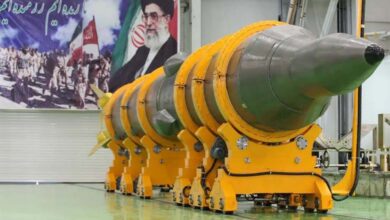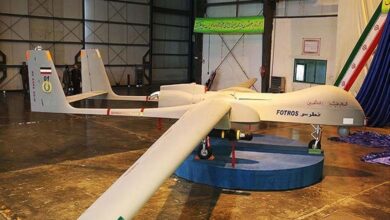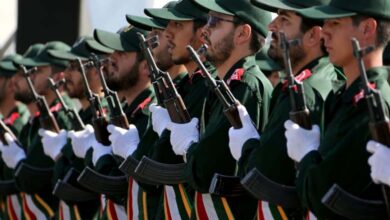Invitation or summons… Raisi ‘hosts’ Al Sudani in Tehran
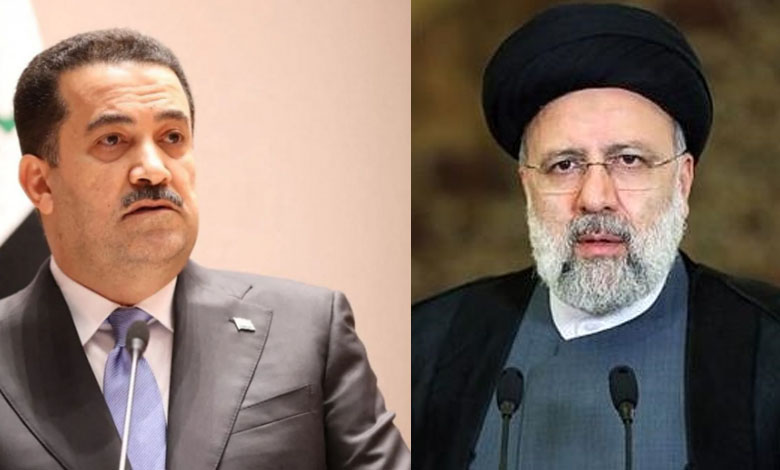
Iraqi Prime Minister Mohammed Shia’ Al Sudani received an invitation from Iranian President Ibrahim Raisi on Saturday to visit Tehran amid a flurry of outstanding issues including the repercussions of Iranian attacks on Kurdish rebel positions in the Kurdish region.
“Al Sudani received Iran’s ambassador to Iraq, Mohammed Kazem al-Sadeq,” the prime minister’s media office said in a statement carried by the official Iraqi news agency INA. “The Iranian ambassador conveyed Raisi’s invitation to Al Sudani to visit Tehran.”
During the meeting, the two sides also discussed relations between the two countries and a number of joint economic and investment issues, the statement said.
Al Sudani and the Iranian ambassador stressed “the continuation of meetings between Iraq and Iran on the security file in a way that preserves the sovereignty of the two countries, achieves the interests of their peoples, and consolidates the security and stability of the region.”
The security situation and Iranian military movements on the border between the two countries are one of the most sensitive issues, after Iran launched numerous attacks on Kurdish opposition party positions inside Iraq, accusing it of involvement in fueling internal protests.
Iran has seen rising protests over the death of young Iranian Kurd Mahsa Amini despite an unprecedented crackdown by Basij forces, while armored vehicles have surrounded Kurdish-majority provinces near the Iraqi border.
Iran’s diplomatic mission at the United Nations filed a complaint with the Security Council accusing Iraqi authorities of not doing enough to implement a number of mutually agreed commitments, including disarming insurgents and expelling Kurdish parties from the border.
The Iranian Revolutionary Guard Corps (IRGC) launched missile strikes and car-bomb attacks on positions of the Iranian Kurdish opposition based for decades in Iraqi Kurdistan, the autonomous region. Turkey launched a military operation on Sunday against positions of the Kurdistan Workers’ Party (PKK) and the Kurdish People’s Protection Units (YPG) in northern Iraq and Syria.
Observers believe that the Iranian leadership will put great pressure on Al Sudani to comply with its conditions and dictates, while the Iraqi Prime Minister claims the need to defend national sovereignty.
Although the Al Sudani government is backed by Iran-linked political forces such as the National Coordination Framework, there have recently been calls in Iraq to protect national sovereignty from foreign interference and the Kurdistan Regional Government has also voiced its rejection of the attacks.
Pro-Iranian militias and political forces have remained silent on these abuses despite previously condemning similar attacks by Turkey against PKK militants in northern Iraq.
Following a meeting of the National Security Ministerial Council this week, the Iraqi government announced that it decided to “draw a plan for redeploying Iraqi border forces to maintain the zero-line along the borders with Iran and Turkey.”
The plan will be drawn up “in co-ordination with the Kurdistan Regional Government and the Ministry of Peshmerga”, the statement said, noting that Peshmerga chief of staff Lt. Gen. Issa Uzair participated in the meeting.
Iranian Prime Minister Hossein Amir-Abdollahian confirmed the commitment of the Iraqi side to maintain security along the border. This follows several meetings over the past two months in Baghdad and Tehran with high-level security delegations from the federal government in Baghdad and the Kurdish Regional Government.
Last October 28th, Al Sudani officially assumed his duties as the Iraqi prime minister and commander-in-chief of the armed forces.
Al Sudani formed his government under a mandate from the “Coordination Framework.” These forces succeeded, after several maneuvers, in pushing the head of the Sadrist Movement, Muqtada Al-Sadr, to despair of forming a “national majority government” to decide to withdraw from the Council of Representatives (Parliament) last June.


